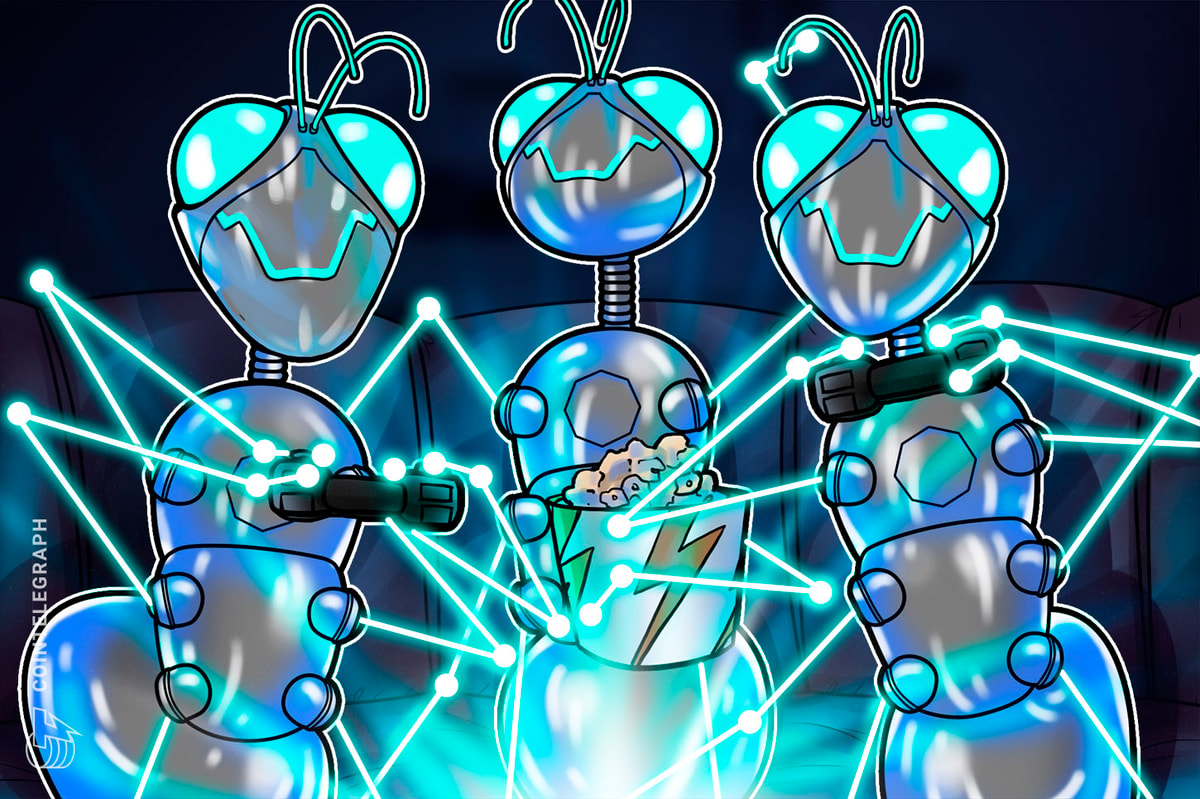The functionality of a blockchain’s utility token extends beyond its monetary value. These tokens often serve as the primary incentivization mechanism for validators to keep the network running and stakeholders to participate in decentralized governance. As such, network participants would prefer to store their tokens in a secure environment – preferably devoid of any third parties.
Dock, a platform that helps businesses and developers issue and verify credentials on the blockchain, has launched its own mobile wallet. The Dock Wallet – available on the App Store and Play Store – will let token holders store, send, receive and manage Dock tokens from their mobile devices.
Realizing the importance of complete decentralization, the Dock Wallet app will give the token holder complete control over their DOCK tokens, as well their own private keys, meaning they can generate their own recovery phrase and send and receive DOCK tokens without requiring any input from third-party custodians.
A gateway to upcoming innovations
Dock says the purpose of its mobile wallet isn’t confined to being a place for users to send, receive and manage tokens. The platform describes the wallet as a gateway to a number of planned Dock innovations that will become known over time.
"While Dock's new mobile wallet will provide existing token holders with a secure, enjoyable and portable user experience, our future plans to extend its utility and integrate it with our other products is hugely exciting,” explained Nick Lambert, the CEO of Dock Labs AG.
Seeing as the wallet has been developed with future integrations in mind, in its current state, the Dock Wallet serves as a building block for new features. Some of these future iterations include the ability for individuals to receive, store and send verifiable identity and credentials and a number of staking and governance features.
After six months in the making, the final version of the Dock Wallet was released only after incorporating feedback received from the community during private beta testing. The app also underwent a successful audit from cyber security firm Oak Security and reported that “no high severity issues were identified.”
Solving universal problems with existing data
Dock specializes in helping businesses create verifiable digital credentials on the blockchain. Using its open-source and permissionless technology, the platform believes that it can solve universal problems with existing data solutions.
A recent application of this technology was Dock’s collaboration with Credenxia to create a decentralized solution for managing employee identity and credentials. Using Dock’s API, Credenxia built a proof-of-concept (PoC) application to verify employee credentials. In moving away from its prior centralized cloud-based portal, Credenxia was able to build its clients an option that preserves the highest levels of individual data privacy and integrity., while significantly reducing the time and cost of verifying data.
Similarly, credentialing platform Xertify integrated Dock’s blockchain infrastructure to facilitate credential issuance for a number of organizations, including universities and government agencies.
“We are building a transparent and decentralized system where the users are the real owners of their data thanks to the Verifiable Credentials technology,” said Danny Suárez, CEO of Xertify.
In the next twelve months, Dock expects to have more integrations with hardware wallets and more partnerships with crypto exchanges so that it may offer exchange-based staking. The platform is also working towards enabling self-serve credential issuance so that non-technical users need not rely on other entities to create decentralized identities.
“By enabling any organization or developer to issue via Dock, we can work together across markets and industries to unlock a better future world powered by secure, individually-owned verifiable credentials,” said Dock.
Disclaimer. Cointelegraph does not endorse any content or product on this page. While we aim at providing you with all important information that we could obtain, readers should do their own research before taking any actions related to the company and carry full responsibility for their decisions, nor can this article be considered as investment advice.











